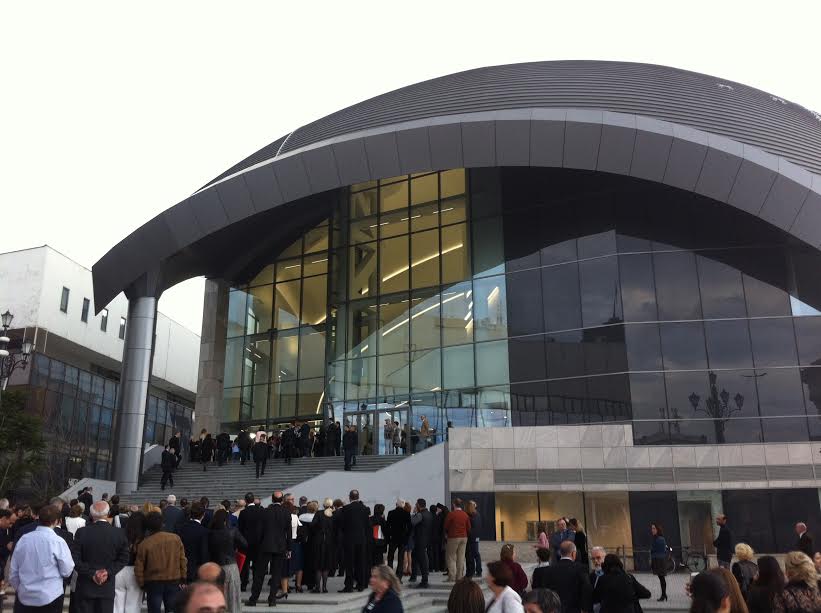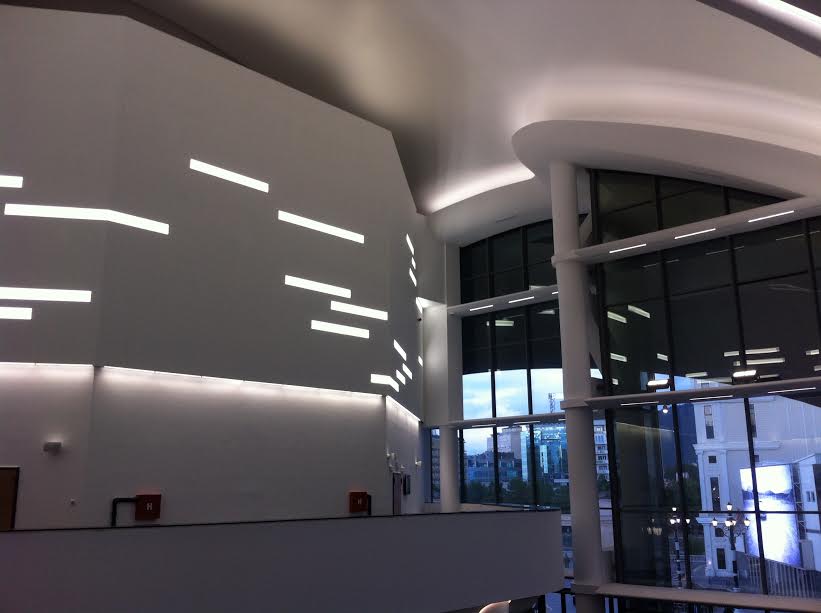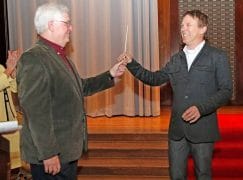The International Maj Lind Piano Competition in Helsinki, Finland, has selected 44 pianists from 195 applicants.
They come from 16 countries: South Korea (10 competitors), Finland (6), United States (5), Russia (4), China (3), Germany (3), Indonesia (2), Israel (2), Italy (2), Spain (1), Georgia (1), Great Britain (1), Canada (1), Norway (1), Ukraine (1) and New Zealand (1).
This is becoming a familiar phenomenon. The South Koreans send in vast numbers of applications, of whom a proportion reach the final round and one or two will receive awards, thereby giving an impression of a national powerhouse.
Who funds all these applications and how are they organised? Is there a state body that sends them in, or a private foundation? Either way, the impression is being given that the future of music is Korean.

Queues in Seoul for Seong-Jin Cho’s new release
Forget the cesspit of intrigue that is the Orchestre de la Suisse Romande.
This row concerns the Grand Théatre de Genève, which is selecting a director to replace Tobias Richter in 2019.
They were about to name two candidates when it turned out one of the selectors has a vested interest.
He’s the co-owner of a well-known artists agency, specialising in opera directors, and he was backing a man who had hired several of his clients.
Read on here.

The last 12 cellists were announced last night in the Brussels competition.
Four of them are French.
Santiago Cañón-Valencia, 21, Colombia
Brannon Cho, 22, USA
Sihao He, 23, China
Victor Julien-Laferrière, 26, France
Seungmin Kang, 29, South Korea
Ivan Karizna (24, Belorussia
Maciej Kułakowski, 20, Poland
JeongHyoun Christine Lee, 25, South Korea
Yan Levionnois, 26, France
Yuya Okamoto, 22, Japan)
Aurélien Pascal, 22, France

Bruno Philippe, 23, France
The final round will begin on May 29.
Branimir Pofuk reports for Slipped Disc:

Last night (21 May) I was in Skopje, capital of FYR Macedonia, attending very solemn opening of the new (and after 70 years of existence the first) Macedonia Philharmonic Orchestra concert hall.
Vladimir Ashkenazy conducted Labin and Dojrana, a ballet suite by the Macedonian composer Trajko Prokofiev, followed by Prokofiev’s third piano concerto with the Macedonian virtuoso Simon Trpčeski and Tchaikovsky’s fifth symphony.
>
Despite many political troubles and a poor economic situation in Macedonia this is the first concert hall built after disintegration of Socialist Yugoslava in any of its former republics.
Capacity is 1000, there is also a smaller chamber hall for 400 people.
Construction began in 2009, and was delayed when the building company went broke. The final cost, according to the director, is 37 milion Euros.

Until now, the Makedonska filharmonija has been playing in the totally inadequate acoustic of a military building.
The Oklahoma City Philharmonic has picked Alexander Mickelthwate, music director of the Winnipeg Symphony for the past 12 years, to succeed its founder-conductor, Joel Levine.
German-born, Mickelthwate, 46, has pushed Winnipeg into the front rank of Canadian orchestras.
He was selected from a strong field of six contenders over two and a half seasons and will start work as md-designate this September.

photo: Steve Gooch/The Oklahoman
Report here.
The assiduous researcher Michael Lorenz has found evidence that Mozart was approached in 1791 by a playwright and the director of the Hofteather to write music for a new comedy, Er mengt sich in Alles.
This was Mozart’s most productive year – Magic Flute, last piano concerto, clarinet concerto, Ave verum corpus, Requiem. he was no longer desperate for money and had begun paying off debts.
The play premiered in August, apparently without Mozart’s involvement. In September he fell ill. In December he died.
Read the new evidence here.









